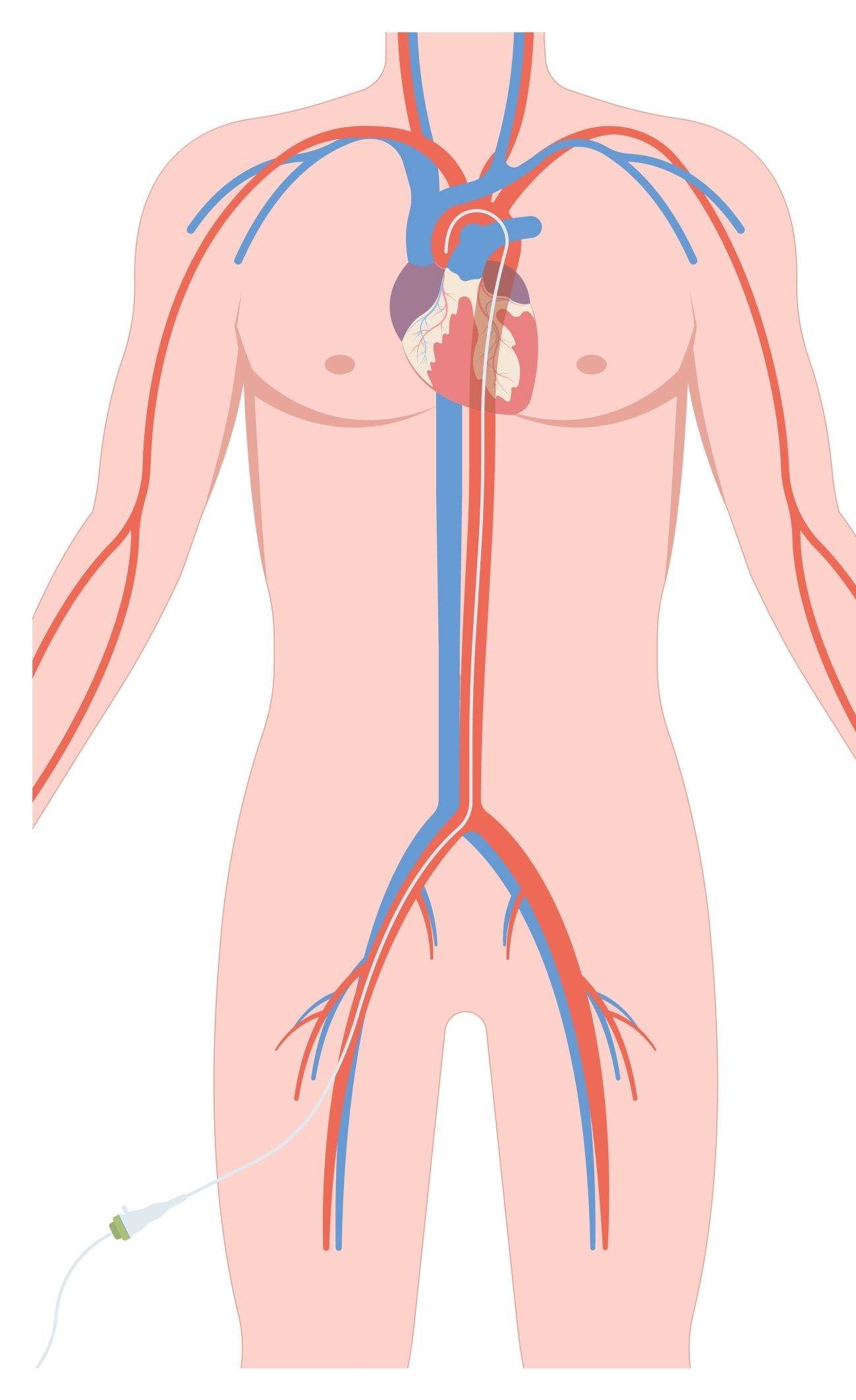DSA CONVENTIONAL ANGIOGRAM
Conventional Angiography, or more specifically Digital Subtraction Angiography (DSA) can be used for both diagnostic and interventional Angiography. Its high spatial and temporal resolution have maintained DSA as a very important tool.
In conventional angiography the patient is catheterized, usually via the common femoral artery in the groin. Wires, catheters, clot retrieval devices, stents and anuerysm coils can be passed to the vessel of interest with this access.

DSA CONVENTIONAL ANGIOGRAM
Conventional angiography, or more specifically digital subtraction angiography (DSA) can be used for both diagnostic and interventional angiography. Its high spatial and temporal resolution have maintained DSA as a very important tool.
In conventional angiography the patient is catheterized, usually via the common femoral artery in the groin. Wires, catheters, clot retrieval devices, stents and anuerysm coils can be passed to the vessel of interest with this access.
- wear device to track heart
- bypass graft surgery
- Coronary artery disease
- Implanting a pacemaker
- Tricuspid Valve Interventions
- Repair tissues in heart
- congestive heart failure
- Valvular heart disease


EMBOLIZATION
Embolization refers to the passage and lodging of an embolus (clot) within the bloodstream. It may be pathological (in which sense it is also called embolism), for example a pulmonary embolism, or therapeutic, as a hemostatic treatment for bleeding or as a treatment for some types of cancer by deliberately blocking blood vessels to starve the tumor cells.
Heart Transplant
Lorem ipsum domet, co
incidi duntore et
Strategic Consulting
Lorem ipsum domet, co
incidi duntore et
